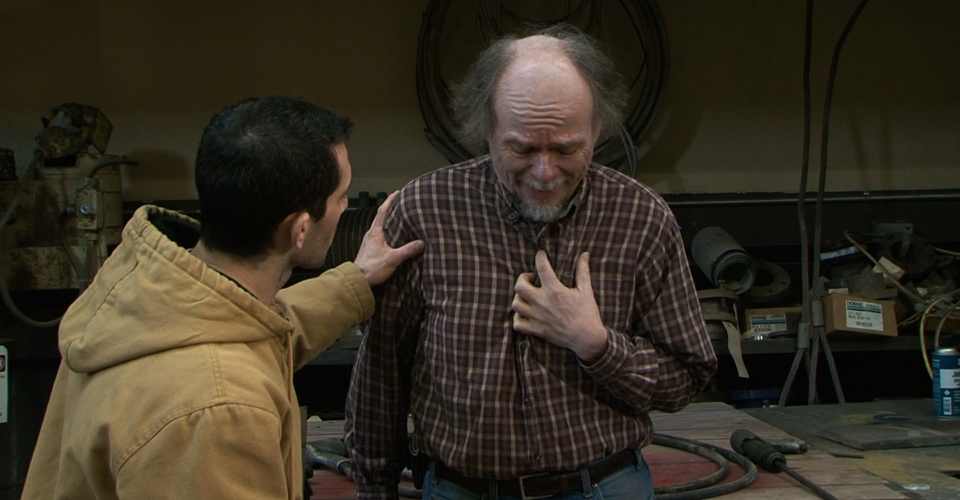Today's post is from former MEDIC First Aid instructor and Master Instructor Trainer Emeritus Eric Douglas. He offers up some important food for thought about paying close attention to the warning signs our bodies can give us about our heart health:
Entering the hospital, I saw a friend from church and she asked why I was there. I hadn’t had a chance to tell my family, primarily my daughters, at that point, so I evaded the question as well as I could.
Recently, something happened in my life that has changed my perspective on, well, just about everything. I went to see a cardiologist because I was experiencing some chest discomfort. (I was sure it was just heartburn. I was way too young to have heart problems.)
By the end of the day, I had been admitted to the hospital and was waiting on a heart catheterization and probable stent. After the heart cath, they determined there were blockages and I was going to have to have bypass surgery.
There are so many clichés about events like this. Every one of them makes the writer in me flinch, so I will do my best to avoid them. Still, when you fail a stress test (I told the doctor I’ve always been good at taking tests…), it is definitely a wake-up call. While I don’t plan to completely shift the focus of this column to talking about my heart, I imagine it will come up regularly in the next few months as I work through cardiac rehab and improve my overall health. If you can learn something while I learn it, we both benefit.
For now, I will say, don’t think you are “too young” or “it can’t happen to me, I have no family history.” I am 48 and have no family history of heart disease, either. But I have severe coronary artery blockages and have heard it said several times already that I’m lucky it just didn’t kill me.
Pay attention to the warning signs: Chest pain and discomfort. Shortness of breath, especially on exertion. Pain in the chest after exertion. Decreased ability to exercise or do physical work. I had all of those. In hindsight, I realize I’ve been denying them for several months now.
In a previous life, my job was creating CPR-related training programs and teaching people to be instructors and instructor trainers in CPR. I’ve held the rating of “Master” trainer.
I still denied what was going on and justified it away, even though I knew the symptoms backward and forward.
Don’t make the same mistake I did. You might not be as lucky.
Eric Douglas, of Pinch, is the author of “Return to Cayman,” “Heart of the Maya,” “Cayman Cowboys,” “River Town” and other novels. He is also a columnist for Scuba Diving Magazine and a former Charleston Newspapers Metro staff writer. For more information, visit www.booksbyeric.com or contact Douglas at Eric@booksbyeric.com.







.png?width=600&name=HSI-CTA-EmergencyCareTraining%20(1).png)











Comments